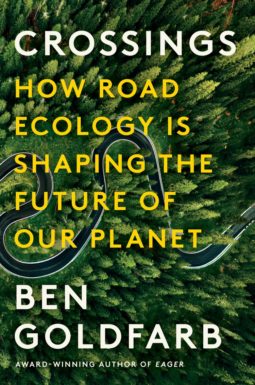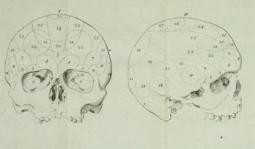
STEM ed accessibility (start time: 2:03): It’s challenging enough learning science, technology, engineering and math when you can clearly see the physical models or images of neurons on a screen. So, imagine the hurdles faced by students who are blind or otherwise visually impaired? In this week’s show, host Susan Moran interviews two chemists who are working on making STEM education more accessible to people with visual and other impairments, and on making learning more interactive for everyone. Dr. Hoby Wedler is an organic chemist, a sensory expert, and a product development consultant based in Petaluma, Calif. Blind since birth, he works with many companies in the food and beverage industries. And he founded and directed a nonprofit organization that for several years led chemistry camps for blind or visually impaired students. Dr. Brett Fiedler is a physical chemist with the University of Colorado Boulder’s PhET Interactive Simulations project. The team has been researching and designing new multimodal features for interactive science simulations.
Host & Show Producer: Susan Moran
Engineer: Alexis Kenyon
Executive Producer: Susan Moran
Listen to the show here:
Podcast: Play in new window | Download (Duration: 27:39 — 50.6MB)
Subscribe: RSS



 Climate Change & COP28 (start time: 1:30) A major global climate conference is taking place now in Dubai, amidst a year of record-breaking heat, wildfires, floods and more around the world.
Climate Change & COP28 (start time: 1:30) A major global climate conference is taking place now in Dubai, amidst a year of record-breaking heat, wildfires, floods and more around the world.  The Power of Poop (start time: 5:41) This potent
The Power of Poop (start time: 5:41) This potent  Over the Seawall (start time: 7:33):
Over the Seawall (start time: 7:33):  Plastics: From Pollution to Solutions (start time: 0:58) We all want to think that the yogurt tubs, takeout containers and other plastic products that we toss into our kitchen recycling bin will actually get recycled. Chances are, they won’t. Plastic product makers have for many years been
Plastics: From Pollution to Solutions (start time: 0:58) We all want to think that the yogurt tubs, takeout containers and other plastic products that we toss into our kitchen recycling bin will actually get recycled. Chances are, they won’t. Plastic product makers have for many years been  Wildlife Crossings (start time: 0:58) In this week’s show, host Susan Moran interviews journalist
Wildlife Crossings (start time: 0:58) In this week’s show, host Susan Moran interviews journalist 
 Of Bears & Humans (start time: 1:34) If you live
Of Bears & Humans (start time: 1:34) If you live 
